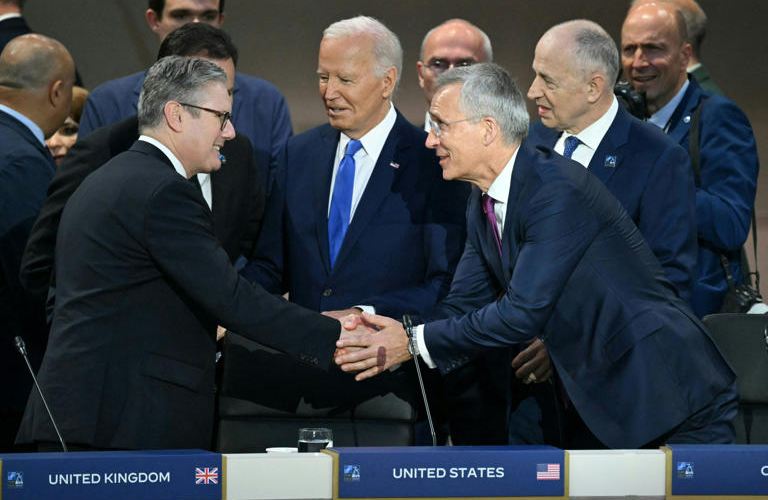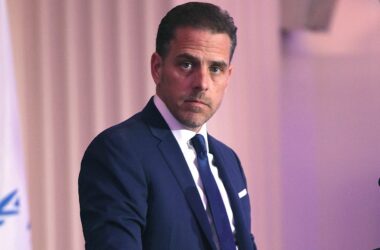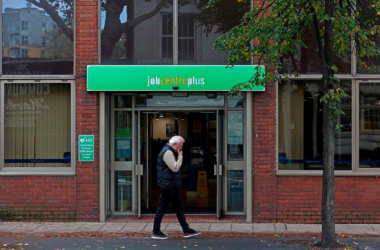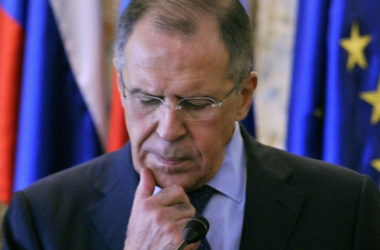Keir Starmer’s first significant foreign policy move as the new British prime minister is to refocus the UK-EU relationship, signaling a major shift in Britain’s post-Brexit stance. During his visit to the White House, President Joe Biden gave a strong endorsement to Starmer’s plans, emphasizing the importance of the UK’s close ties with Europe for strengthening the transatlantic alliance. Biden’s support for Starmer’s vision was seen as a pivotal moment for the new Labour government.
At their first meeting, Biden expressed his view that the UK plays a crucial role in linking the United States with Europe, highlighting the benefits of Britain’s engagement with the EU. A UK government spokesperson confirmed that Biden welcomed Starmer’s recent comments on building stronger relationships with European counterparts, reflecting a shared vision for closer UK-EU cooperation.
Starmer, who had previously avoided detailed discussions about Brexit during his opposition years to prevent his election campaign from focusing on past EU relations, is now rapidly advancing his agenda to reset the UK’s relationship with Europe. His plans include renegotiating aspects of the Brexit trade deal and increasing cooperation on defense.
In his address at the NATO summit, Starmer declared his intention for Britain to reclaim its position on the global stage and emphasized the need for a reset in relations with Europe. He echoed Biden’s sentiments, asserting that “the UK is back” and committed to a more outward-looking and engaged international role.
A key element of Starmer’s strategy is negotiating a UK-EU defense pact, aimed at establishing formal channels for defense policy discussions and facilitating cooperation between British and European defense firms. This move is designed to enhance the coordination of defense policies within Europe and ensure that NATO’s European flank becomes more self-sufficient.
Discussions about the defense pact began at the NATO summit and are expected to continue at the upcoming European Political Community (EPC) meeting in southeast England. UK Defense Secretary John Healey indicated Britain’s interest in deeper involvement in the EU’s defense policy project, Permanent Structured Cooperation (PESCO).
NATO officials have expressed broad support for a UK-EU defense pact, provided it complements NATO’s primary role in European security. Starmer has assured that the pact would be aligned with NATO’s priorities, maintaining that NATO remains the cornerstone of European defense.
Despite the positive rhetoric, achieving these ambitious goals may prove challenging. Efforts to reduce trade barriers and ease goods checks between the UK and EU will likely face significant hurdles, as European officials have stressed the need for comprehensive concessions from the UK for any changes to the post-Brexit relationship.
Additionally, the strong endorsement from Biden could be short-lived, depending on the outcome of the next US presidential election. A change in the White House, particularly a return of Donald Trump, could shift the dynamics of the transatlantic relationship and complicate Starmer’s internationalist approach.
Starmer’s push to realign Britain closer to Europe represents a significant pivot from the previous Conservative government’s stance and signals a new chapter in UK-EU relations. However, the success of this strategy will depend on navigating complex negotiations and potential shifts in the global political landscape.








